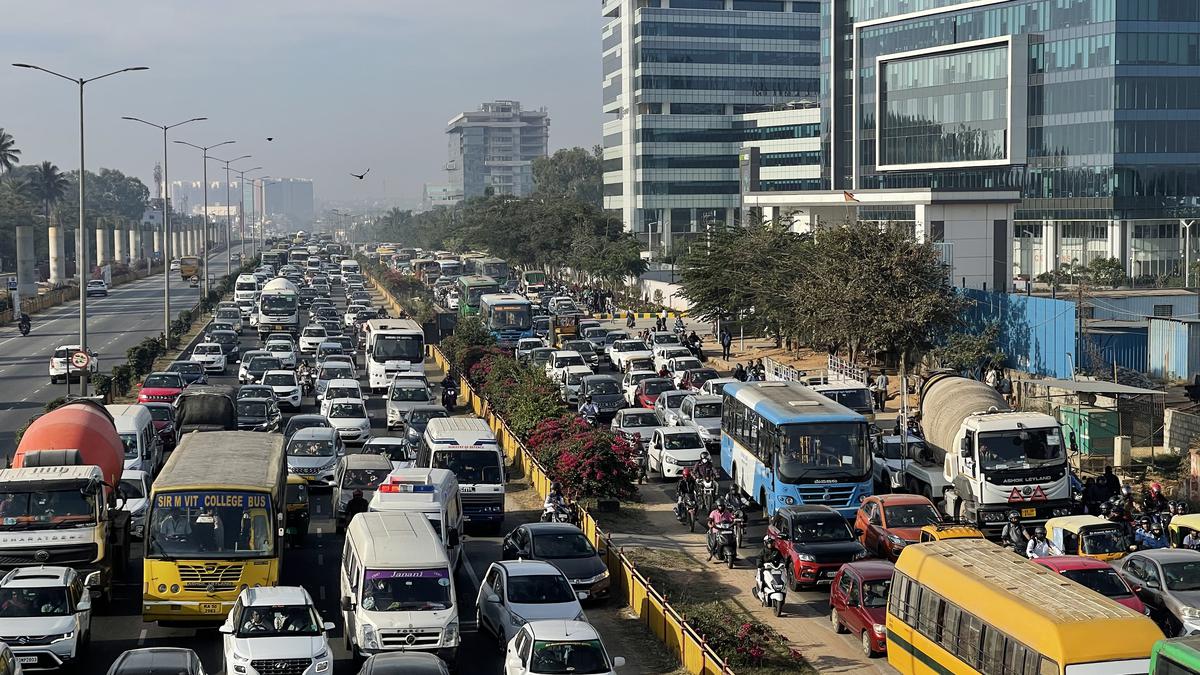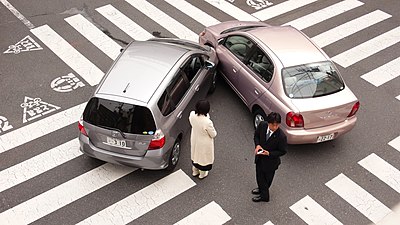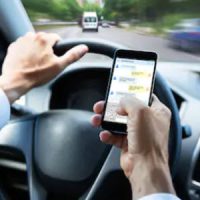Road rage has happened to more than half of all drivers. One study estimates that more than half of all drivers have experienced a surge of road rage at some point, although not all bang into the offender’s rear bumper, or hurl expletives and come to blows. Still, tens of thousands of accidents happen each year because of aggressive driving, which is also a leading cause of death. Aggressive driving has become a topic of concern over the last few decades, and for good reason. Do you know what’s causing one to be a road rager? N Chandra Shekar takes a look at the urban malady which is becoming an epidemic…
Aggressive driving has been a problem on our roadways for a while, and it seems to only be getting worse. Incidents of screaming, rude gestures, and sometimes even violence are reported frequently on our roadways to the point where it has earned its own name – Road Rage. Road Rage is when a driver “commits moving traffic offenses so as to endanger other persons or property; an assault with a motor vehicle or other dangerous weapon by the operator or passenger of one motor vehicle on the operator or passengers of another motor vehicle”. Road rage is a social phenomenon that involves risks for drivers and has an impact on road safety. However, there is a clear distinction between road rage and aggressive driving, where the former is a criminal charge and the latter a traffic offense. Aggressive driving is one of the major causes of road accidents hence, it is important to investigate the factors that may promote both, identifying and avoiding aggressive driving and road rage behaviour.
What makes some people more prone to anger
behind the wheel?
Psychologists are studying what makes some people more prone to road rage and how to keep them from becoming a danger on the road. Research suggests that young males are most likely to perpetrate road rage. Environmental factors such as crowded roads can boost anger behind the wheel. Certain psychological factors, including displaced anger and high life stress, are also linked to road rage.
Driving presents many stresses because of high speeds and the actions of other drivers. A stressed driver’s behaviour depends on that driver’s coping abilities. Generally, drivers who score high on aggression tests use direct confrontation strategies when faced with stress while driving. Many drivers who experience road rage have admitted that they believe they commit more traffic violations. As stress increases, the likelihood of a person exhibiting road rage increases dramatically. Typically, younger males are most susceptible to road rage. Most reported cases of road rage occur because of cutting in and out of traffic, lane changes, and disputes over parking spots or rude gestures. A report found that 6.8% of road rage incidents result in death. One scary statistic worth noting is 2% of drivers admit to trying to run an aggressor off the road!
Road rage is aggressive or angry behaviour exhibited by motorists. This behaviour include rude and verbal insults, yelling, physical threats or dangerous driving methods targeted at other drivers, pedestrians or cyclists in an effort to intimidate or release frustration. Road rage can lead to altercations, damage to property, assaults, and collisions that result in serious physical injuries or even death. Strategies include (but are not limited to) cutting motorists off, inappropriate honking, using obscene gestures, flipping off another driver, swerving, tailgating, brake checking, and attempting to fight.
Road rage can include:
• Shouting, excessive use of a horn or obscene gestures and threats.
• Actions such as cutting off another vehicle, driving closely, blocking another vehicle so that it cannot use a traffic lane, chasing another vehicle or running it off the road, or deliberately slamming into a vehicle.
• Stopping a vehicle on the side or in the middle of the road, exiting the vehicle to threaten, attack, fight, or injure another motorist, passenger, pedestrian, bicyclist, or any other person.
Are You Guilty of Road Rage?
One may like to think that road rage is something that only happens to other people, but the truth is many of us are guilty of aggressive behaviour on the road. Ask yourself these questions and answer honestly:
• Do you regularly drive over the speed limit, or try to “beat” red lights because you are in a hurry?
• Do you tailgate or flash your headlights at a driver in front of you that you believe is driving too slowly?
• Do you honk the horn often?
• Do you ever use obscene gestures or otherwise communicate angrily at another driver?
• If you answered yes to any of these questions, it is possible you are susceptible to road rage. Many times when a road rage incident occurs it is because the person was under stress in other areas of their life. The addition of congested traffic can add to stress, which then explodes when it is perceived someone else on the road has acted in an aggressive way, whether intentional or not.
Do You Cause Road Rage?
Even if you answered no to the questions above, are you sure you aren’t causing others to lash out with road rage? Ask yourself these questions as well:
• Do you frequently use your phone while driving, or otherwise drive while distracted?
• Do you keep your high beams on, regardless of oncoming traffic?
• Do you switch lanes or make turns without using your turn signal?
• Do you fail to check your blind spot before switching lanes to make sure you aren’t cutting someone off?
If you answered yes to any of these questions, you may be contributing to causing road rage in others. While a violent reaction to switching lanes without a turn signal isn’t warranted, it’s best to not put yourself in that situation to begin with by always being aware of other drivers and driving cautiously.
Half of the drivers who are on the receiving end of an aggressive behaviour, such as horn honking, a rude gesture, or tailgating admit to responding with aggressive behaviour themselves.
How to Handle Road Rage
If you find that you have agitated another driver, whether the fault is truly yours or not, do not react or retaliate to the other driver on the road. This will only cause the situation to escalate. Remind yourself that the other driver is just bad at handling stress, avoid eye contact and continue to practice safe driving habits.
Unfortunately, it does not look like this problem is going away any time soon. All you can do is be a considerate, aware driver that follows the rules of the road. While it may be difficult in the heat of the moment, do not give in to feelings of anger or rage on the road. Think twice before you honk the horn or flip that finger, because you never know what may set off the person in the cars around you. Getting home safely is more important than teaching someone a dangerous lesson.
If You Are Prone to Road Rage
• Get sufficient rest — lack of sleep leads to loss of control.
• Limit alcohol — Alcohol can make you rageful, and impair one’s driving other ways.
• Leave earlier for your destinations. That 10-second wait won’t bug you as much.
• Play soothing music. This can really help.
• Be aware of your driving. Watch yourself — what makes you angry, how long do you stay angry. Tell yourself, “It was not their fault — it was the guy in front of them.”
• Put pictures of your loved ones on the dashboard — you want to come home to them.
Remember, this behaviour can cost people in more ways than one. People don’t think about that, This behaviour can have a high price tag even if no one is hurt or killed — tickets, lawyers, court costs, damage to vehicles, insurance rates.
If You are Threatened by a Rager
People do some crazy things, they bump you, they run people off the road, they get a weapon, they yell, they make hand gestures. They go out of control. This is women, too. Therefore, it’s up to the victim to control the situation. Some precautions to handle a road rager:
• If you are being tailgated, change lanes.
• If someone wants to pass, slow down and let them.
• Don’t return gestures.
• Stay behind the person who is angry at all costs (they can do less damage if you are behind them)
• If necessary, pull off the road or take an exit and let them go on by.
• Don’t make eye contact.






